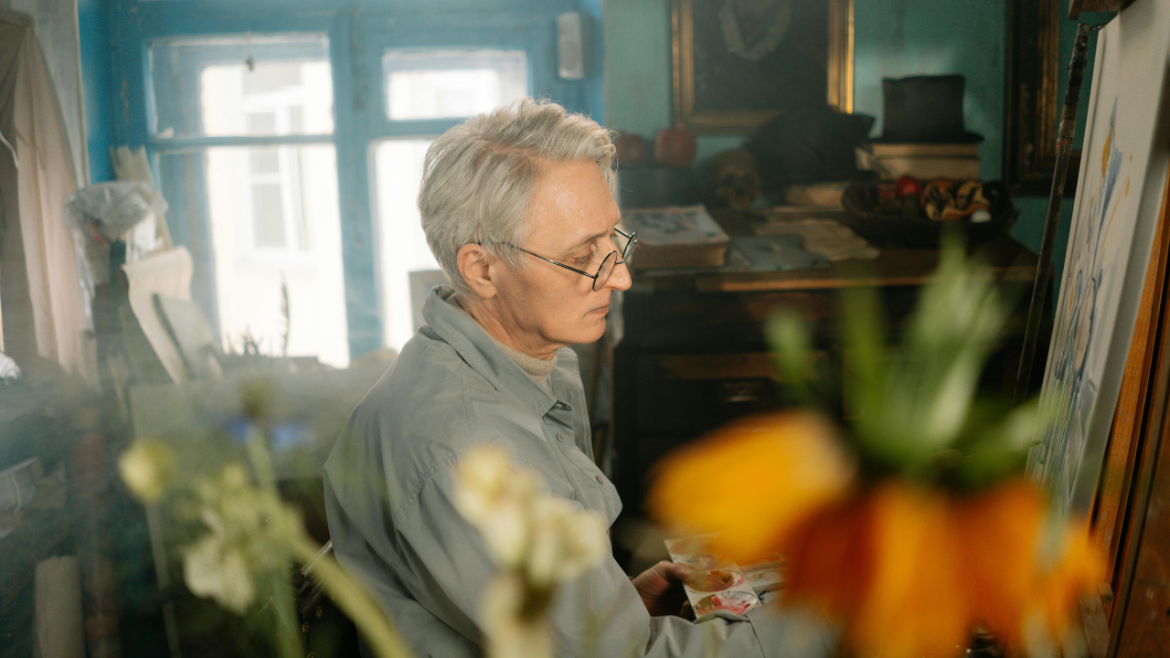Fun Activities For Seniors With Alzheimer’s Disease
Caring for a loved one with Alzheimer’s disease is a journey filled with both challenges and moments of unexpected beauty. It requires patience, understanding, and creativity. As memory fades and the world becomes more confusing, meaningful activities can bring light into the lives of seniors facing this condition.
Fun activities are not just ways to pass time — they are essential moments that stimulate the mind, comfort the heart, and remind loved ones of their worth and humanity. Through engagement and gentle joy, caregivers can help seniors reconnect with the world around them, even as Alzheimer’s changes the way they experience it.
The Power Of Meaningful Engagement
Every person living with Alzheimer’s still longs for connection, purpose, and laughter. Fun activities provide more than entertainment; they awaken emotions and memories that sometimes words cannot reach. Familiar songs, old photos, and simple creative projects can trigger recognition and happiness. These activities tap into parts of the brain that remain active even as memory declines, offering moments of clarity and emotional warmth.
When seniors engage in enjoyable activities, they often feel calmer and more content. The frustration that comes with memory loss tends to ease when their hands and minds are occupied in meaningful ways. For caregivers, seeing their loved one smile or hum along to a tune becomes a precious reward. These shared experiences nurture both joy and peace, turning ordinary days into small celebrations of connection.
Music As A Bridge To Memory
Few things reach the heart as deeply as music. Even when words are lost, melodies often remain. Playing favorite songs from the past can spark moments of recognition that transcend memory loss. A familiar tune may transport seniors back to meaningful moments in their lives — a wedding dance, a family gathering, or a song they once sang to their children.
Music therapy has been shown to reduce anxiety, agitation, and depression in people with Alzheimer’s. Singing together or listening to calming tunes can lower stress levels while bringing feelings of comfort and safety. Rhythm connects to emotion, and emotion connects to memory. Through music, caregivers can speak to their loved ones in a language that needs no translation.
Creativity That Inspires Joy
Art can also be an extraordinary tool for self-expression and healing. Seniors with Alzheimer’s may struggle to communicate verbally, but through painting, drawing, or crafting, they can still express their emotions. The act of creation provides a sense of accomplishment and freedom. The finished piece becomes more than artwork; it becomes a message, a glimpse into the person who still exists beyond the illness.
Creative activities stimulate focus and fine motor skills, but they also bring emotional release. They remind seniors that they are capable of beauty and creation, even in the face of decline. Caregivers who encourage creativity not only give their loved ones something fun to do but also offer them dignity — the chance to be seen as artists, storytellers, and contributors to the world around them.
The Comfort Of Physical Activity
Movement is another form of expression that helps seniors feel connected to life. Gentle physical activity like dancing, stretching, or short walks can boost circulation, improve mood, and increase alertness. It also promotes relaxation and better sleep. Even small movements, when done safely, foster a sense of vitality.
Physical activity need not be structured or demanding. Dancing slowly to a favorite song or tossing a soft ball back and forth can spark laughter and strengthen emotional bonds. These moments of shared movement remind seniors that they are still participants in life, not observers sitting on the sidelines. The goal is not exercise for performance but movement for joy and connection.
Memory Through Simple Activities
Simple tasks can hold deep meaning for someone with Alzheimer’s. Folding towels, setting the table, or tending to plants gives a sense of contribution and familiarity. These are tasks that feel purposeful and recognizable. They link to long-term memories that often remain intact even when short-term recall fades.
When caregivers encourage participation in daily routines, seniors often feel comforted by the repetition and the sense of belonging. The familiar rhythm of these moments provides structure and reassurance. In these gentle activities, dignity is preserved, and identity is reaffirmed.
Finding Joy In The Present Moment
Helping seniors with Alzheimer’s engage in fun activities is ultimately about presence. It is about entering their world rather than pulling them into ours. Each smile, laugh, or shared glance becomes a reminder that love is not erased by disease. Fun activities bring back fragments of joy and connection that make every day meaningful, no matter how memory changes.
Alzheimer’s may alter the way a senior perceives time, but it cannot take away their ability to feel love, happiness, and connection. Through creativity, music, movement, and purposeful engagement, caregivers give their loved ones something precious — not just stimulation, but the gift of joy in the moment. And in that moment, no matter how fleeting, the heart remembers what the mind may have forgotten: that life, even in its changes, is still filled with beauty and love.

